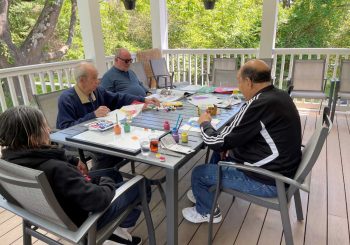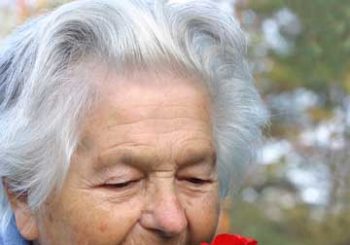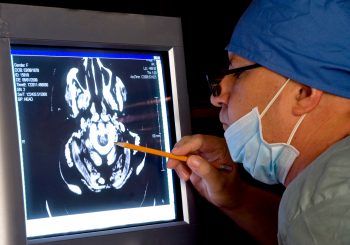
Studies, opinions and conjecture about causes and prevention of Alzheimer’s disease are hardly in short supply. It seems that every week, there is suspicion of a new contributing cause to the increasing rates of Alzheimer’s and dementia. In the last several years, everything from processed foods to genetics has been named as contributing factors, yet there is very little information that is conclusive. And to date, there is no single thing that we can point to and say “This is a definite cau...
Read More
Read More









